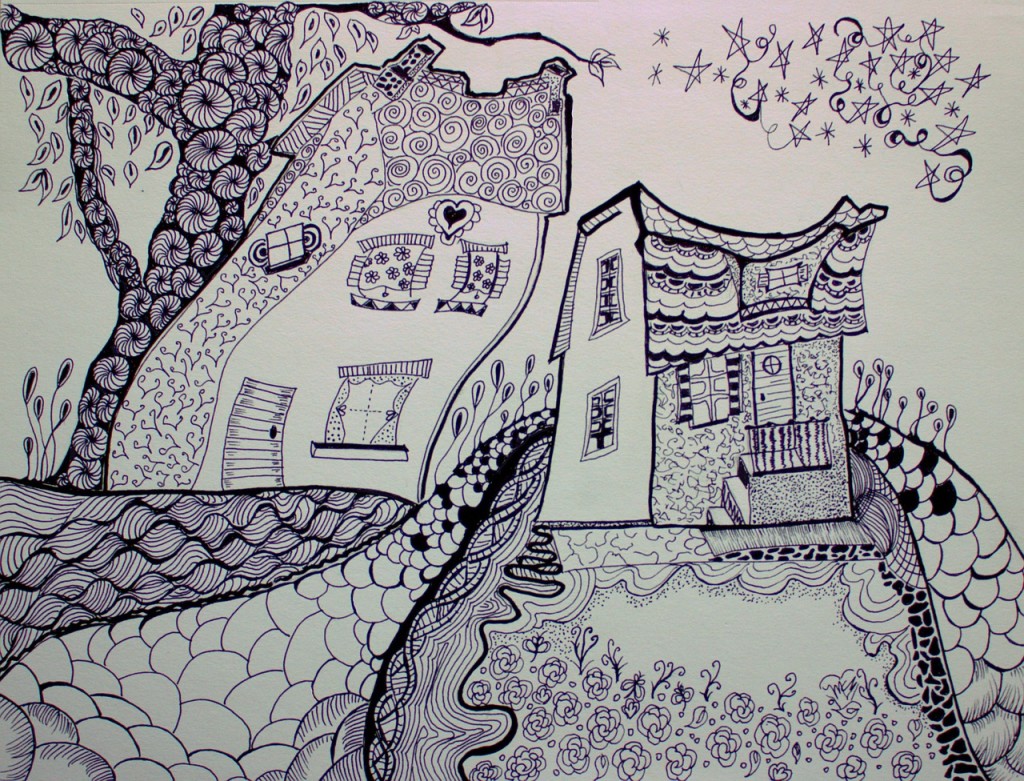“How does one honor the past and also innovate?” a colleague asked a few days ago.
It was the kind of question that reminded me of Rainer Maria Rilke’s invitation in Letters to a Young Poet:
Be patient toward all that is unsolved in your heart and try to love the questions themselves, like locked rooms and like books that are now written in a very foreign tongue.
I recently started working in Richmond, California. Every morning, at different points in my commute, I either pass a large red rectangle that reads: “Richmond: City of Pride and Purpose” or an arrow pointing to the Rosie the Riveter Memorial.
(more…)








 Although an administrator may have legitimate organizational preparedness concerns and consequently delay implementing RPS, there are unobtrusive ways to go about it. For example, one could make a disciplinary referral form that includes and encourages restorative reflection. Also, one could start using professional development days for learning to use nonviolent communication in the classroom. Separately, a leadership team could re-align their school’s mission and vision to reflect restorative principles.
Although an administrator may have legitimate organizational preparedness concerns and consequently delay implementing RPS, there are unobtrusive ways to go about it. For example, one could make a disciplinary referral form that includes and encourages restorative reflection. Also, one could start using professional development days for learning to use nonviolent communication in the classroom. Separately, a leadership team could re-align their school’s mission and vision to reflect restorative principles.
